I got this from a client: “I was expecting a lot more from you.”
That’s what a client told me to my face in a meeting.

I wanted to throw my laptop on the ground and curse. It was the last thing I wanted to hear after weeks of hard work.
I went through many late nights to put together a content marketing plan and the first deliverables for his business.
I researched his industry, his competitors, the content gaps on his site, SEO opportunities, and even pored over past emails of customer feedback.
I wrote the articles myself, attached them in an email, and hit send the night before with a smile on my face.
In next morning’s meeting he told me, “I was expecting a lot more from you.”
I made a big mistake.
I didn’t show him all the work that I had done behind the scenes to arrive at that point. He didn’t know what went into those articles or the reason behind them.
He didn’t understand the value he was getting, and that’s where I failed to communicate.
Why couldn’t he have just trusted me? He was hiring me as his digital and content marketing expert. What did he know?
I recently came across this study from the Harvard Business Review (pdf link) that says people will actually value an outcome more positively if they know you’re bustin’ your butt off for them.
It’s a consumer behavior phenomenon, AKA weird sh*t people do, called the “labor illusion.”
Here’s a quick summary of it in effect from Dan Ariely, a master in behavioral economics (okay, it was me who made Catwoman the main character).
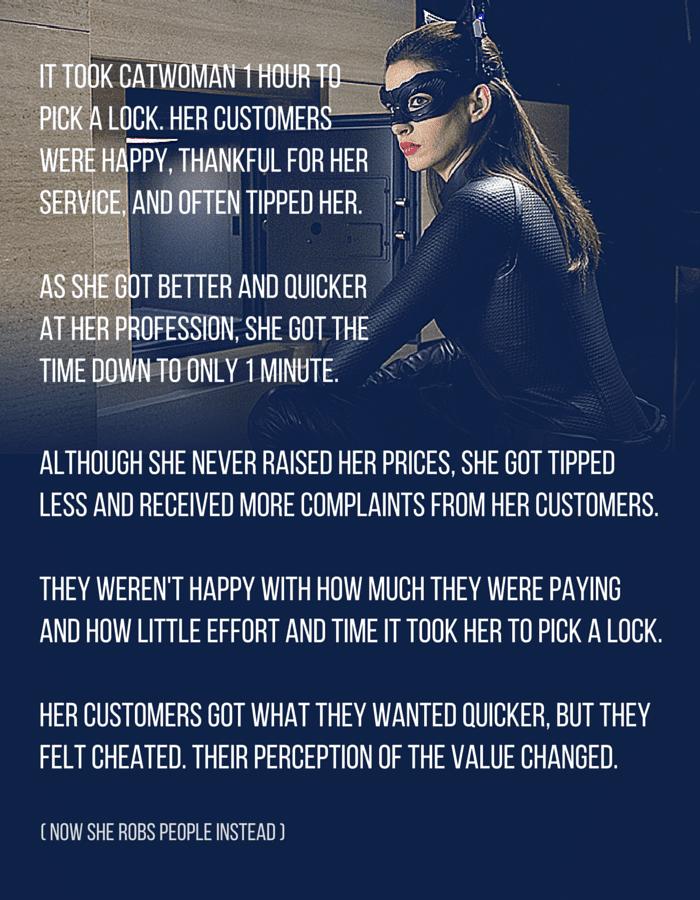
So now that we understand the labor illusion, how can we use it to our advantage to make our clients, customers, or bosses happier with our work?
-
Show them what went your work. That means all the strategy, research, fact-checking, editing, design changes, development etc that goes into that first presentable draft. via Copyblogger
-
Show clients the value they received from your work. It’s not the word count, but it’s the view count, the share count, the backlink count, the conversion rate, etc. It’s the results and you need to show it to them even if you think it’s obvious. via Copyblogger
-
Charge based on the value to your client, not hourly. If you charge hourly, you’re penalizing yourself for your experience. If you can get the job done 2x as fast, you shouldn’t charge half as much.
Clients think they care about the price or the time it takes you to complete a project, but they really care about the value they’re getting for that time and that price — they just don’t express it because you don’t either.
Don’t make the same mistake I did. My client didn’t know how much work I put in and didn’t understand the value. From his point of view, he paid a couple thousands dollars for some articles on a Word doc.
The key is to be transparent
Show them what you’re doing behind the scenes; why it’s taking so long; why you’re charging the price you’re charging — they will suddenly be okay with that and perhaps be even happier about what you did for them.
Moment is a really cool company that makes attachable lenses for iPhones.
In a market saturated with options at $15-$35, they decided to make a $99 iPhone lens.
They made this video to show people why they charge so much:
(psst… if any of my friends are reading this, please buy me one)
They make sure to tell the story of the R&D behind the scenes on nearly every page of their site to show why they charge what they charge.
Now their $99 lens seems like a deal.
They ended up raising over $450,000 on KickStarter.
And here’s something else that’s interesting…
The benefits of being transparent also work for product pricing
If you’re transparent about your pricing, then customers and clients will suddenly feel like they are getting something much more valuable for what they’re paying and they won’t push back on your price, because now it makes sense.
Clothing company Everlane does this with every item in their store.
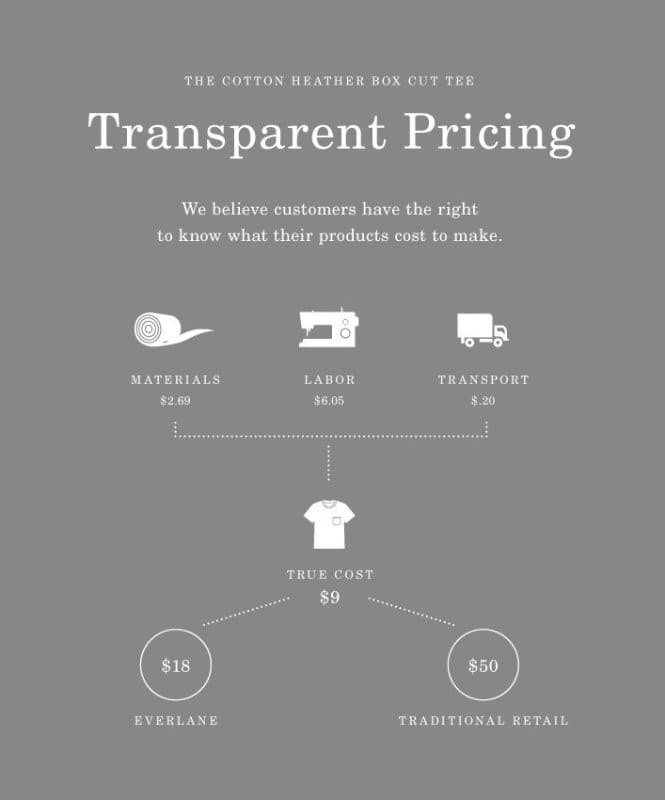
Transparent pricing can also work for digital products and services. Check out how Buffer does it.
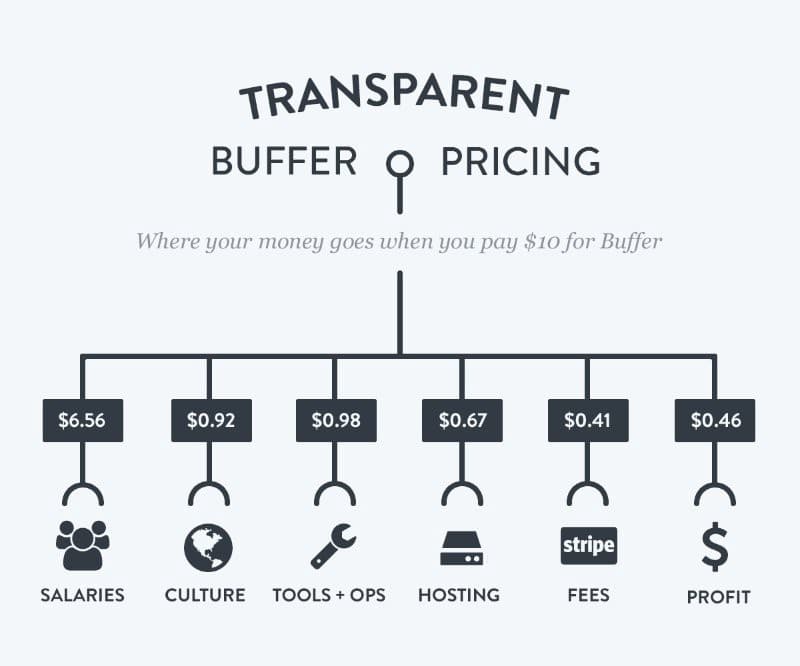
Don’t you suddenly feel better about their price?
Discussion on this article can be found on Reddit here on r/marketing and r/socialmedia and on LinkedIn
You might also enjoy
-
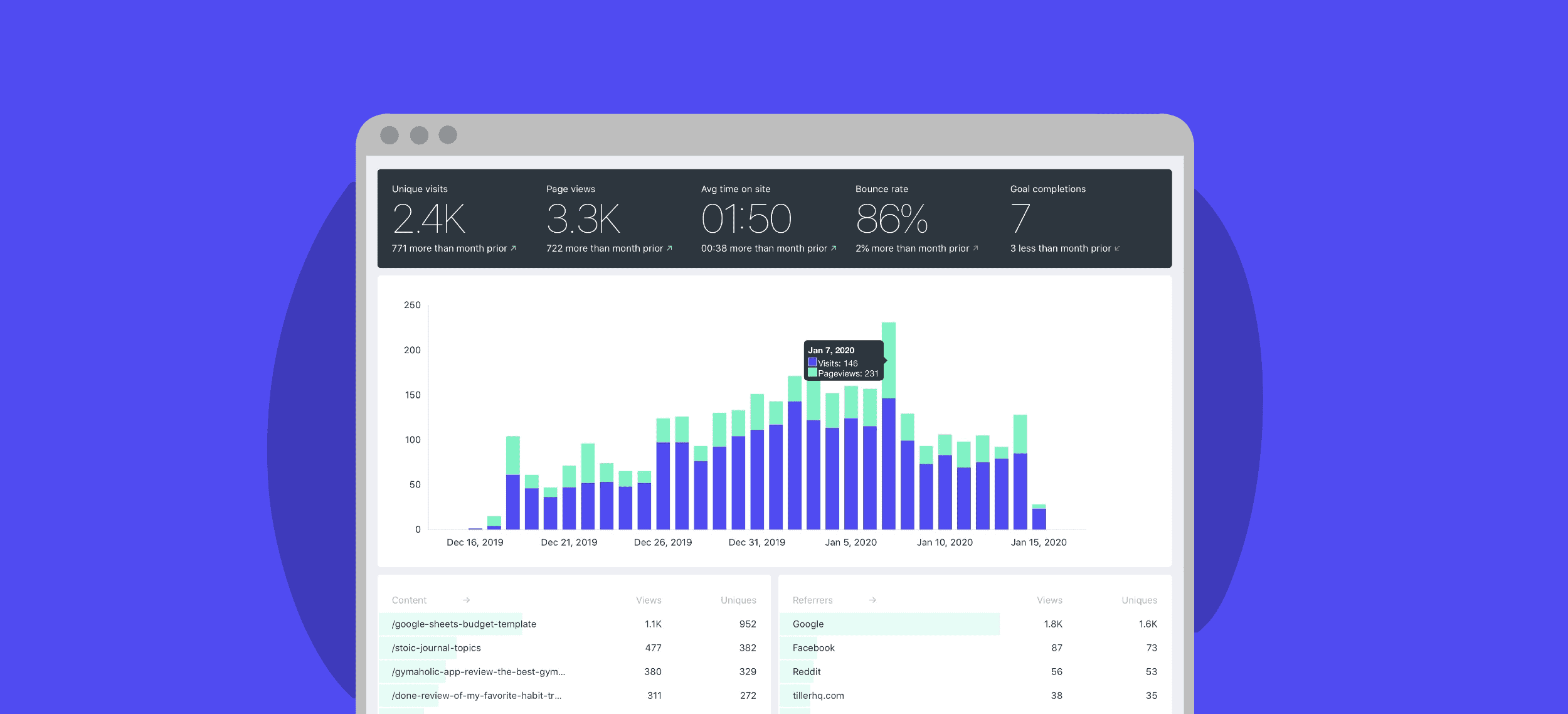
Fathom Analytics Review (From a Marketer)
The privacy-focused, Google hating, indie analytics company. Is it worth switching?
-
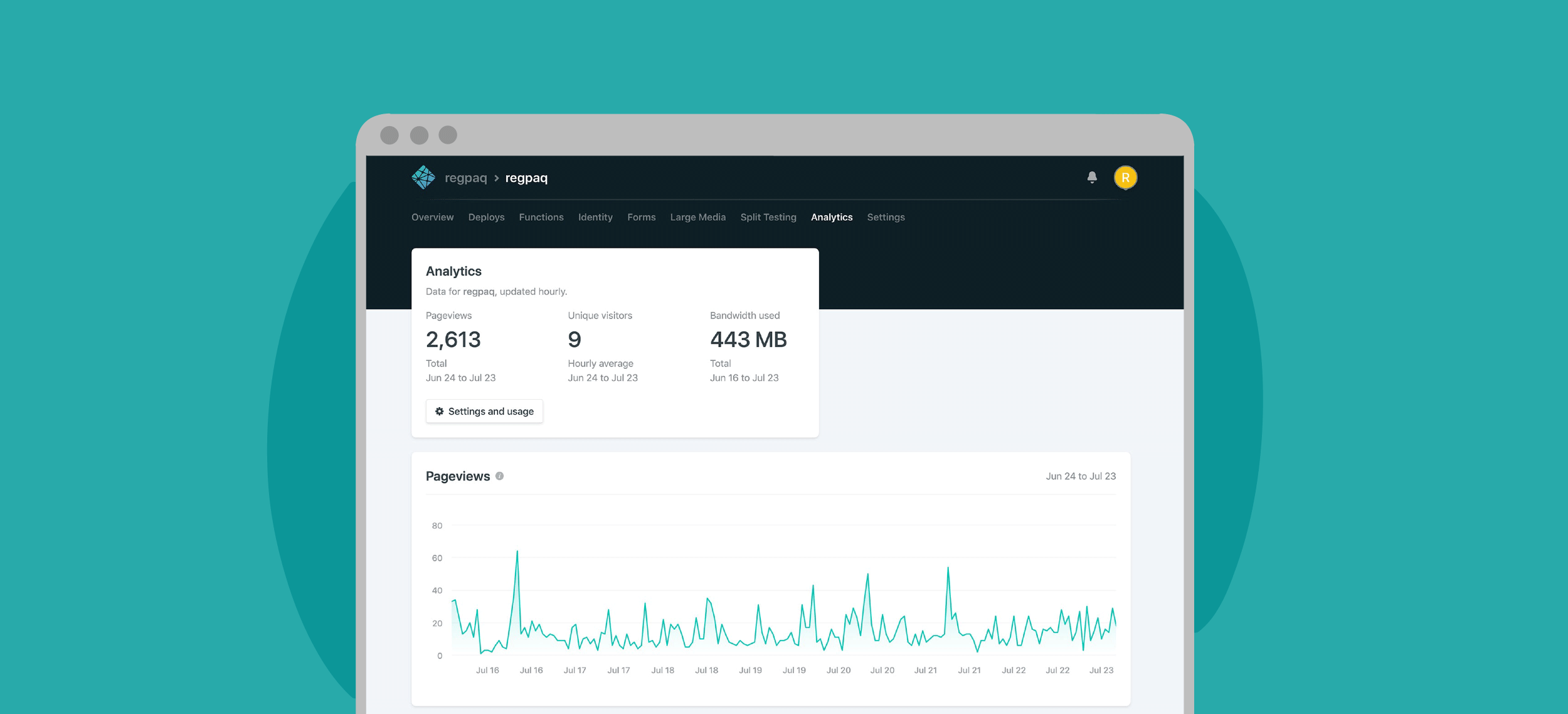
Netlify Analytics Review (From a Marketer)
Is it everything the industry has been waiting for?
-

Blogging on Medium vs Self Hosted Blog
Why I stopped blogging on Medium and moved to a static, self hosted blog.
-

I Made $317 / Mo. From Two Amazon Niche Sites Last Year
And here’s how I did it.
Never Miss an Article
Get notified by email when I publish a new article.
